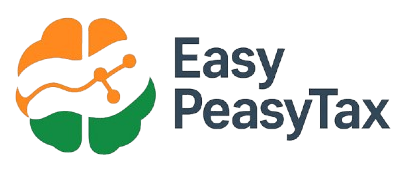Advance Tax: Who Needs to Pay and When?
Advance Tax refers to the income tax that should be paid in advance instead of a lump sum at the end of the financial year. It applies to taxpayers whose total tax liability is ₹10,000 or more in a financial year. This system is also known as 'pay-as-you-earn' tax.
Who Needs to Pay Advance Tax?
- Salaried Individuals: If your employer deducts TDS but your total tax liability exceeds ₹10,000 after TDS, you must pay advance tax on the remaining amount.
- Freelancers and Professionals: Independent professionals such as doctors, lawyers, consultants, and freelancers with taxable income above the threshold must pay advance tax.
- Business Owners: Any individual running a business must calculate and pay advance tax if their expected total tax is above ₹10,000.
- Senior Citizens (Above 60 Years): Not required to pay advance tax if they do not have income from business or profession.
When to Pay Advance Tax? (Due Dates)
| Due Date | Advance Tax Payable |
|---|
| 15th June | 15% of total tax liability |
| 15th September | 45% of total tax liability (cumulative) |
| 15th December | 75% of total tax liability (cumulative) |
| 15th March | 100% of total tax liability (cumulative) |
Example: If your estimated total tax for the year is ₹40,000, then:
- ₹6,000 by June 15
- ₹12,000 more (₹18,000 cumulative) by Sept 15
- ₹12,000 more (₹30,000 cumulative) by Dec 15
- ₹10,000 more (₹40,000 total) by March 15
How to Calculate Advance Tax?
- Estimate your annual income
- Deduct eligible deductions (Sections 80C, 80D, etc.)
- Calculate tax based on applicable slab
- Subtract TDS already deducted
- If tax due is more than ₹10,000, pay advance tax
How to Pay Advance Tax?
You can pay it online via the INCOME TAX portal by selecting Challan 280 under Income Tax (Other Than Companies).
What If You Miss the Deadline?
- Section 234B: Interest at 1% per month for shortfall
- Section 234C: Interest at 1% per month for deferment of installments
Timely payment helps avoid interest penalties.
Final Words
Advance tax helps spread your tax burden across the year. If you’re unsure, consider tracking your income regularly and seeking proper record-keeping. This avoids last-minute surprises and interest costs.
← Back to Blog

